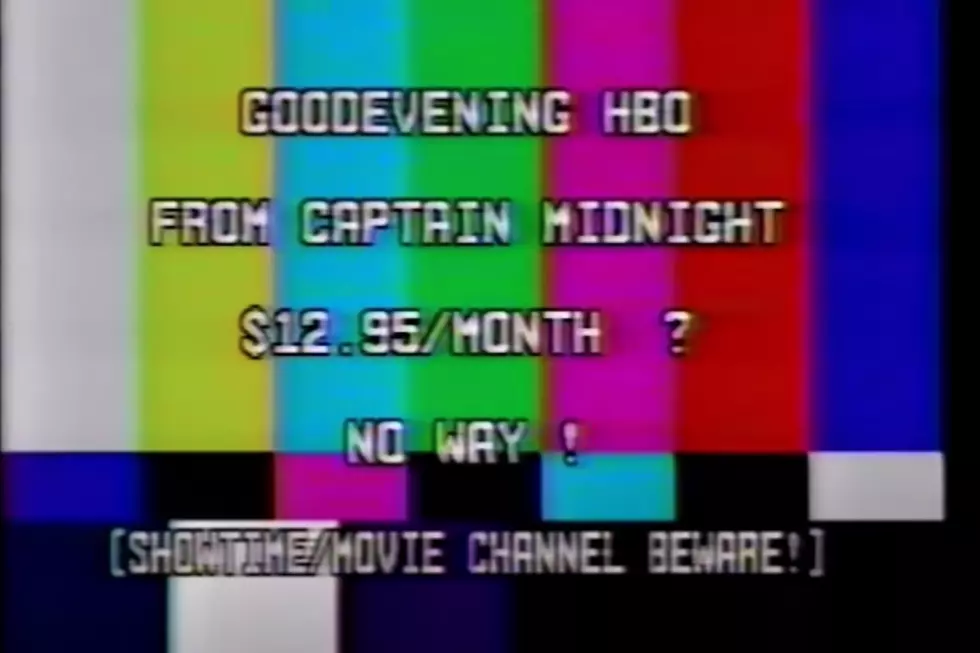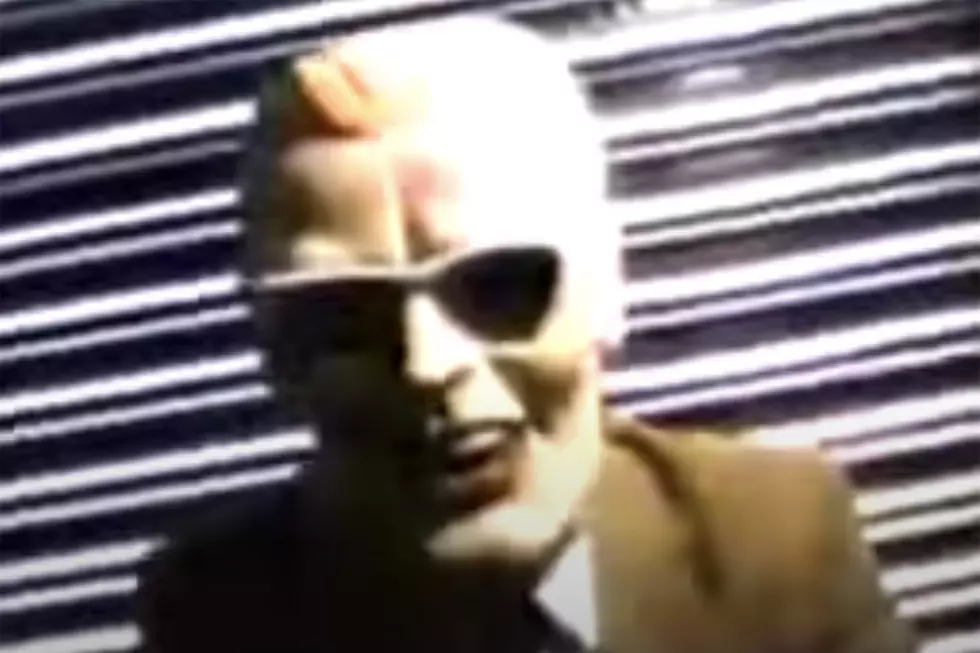
35 Years Ago: ‘Captain Midnight’ Jams the HBO Signal
For four and a half minutes on April 27, 1986, HBO's broadcast signal was jammed.
Viewers in the entire eastern half of the U.S. were beamed a protestation that read: "GOODEVENING HBO. FROM CAPTAIN MIDNIGHT $12.95/MONTH ? NO WAY [SHOWTIME/MOVIE CHANNEL BEWARE!]"
Eventually, the signal returned, and the movie that had been screening at the time, The Falcon and the Snowman, resumed, but not before presumably several million HBO subscribers witnessed the interruption.
For several days, the identity of Captain Midnight was unknown. It wasn't until after multiple days of investigation and hundreds of false confessions from people around the country that 25-year-old John R. MacDougall, a satellite operator at a ground station in Ocala, Fla., was subpoenaed following a tip from a tourist who had overheard him discussing what he had done at a payphone.
On the evening of the signal jamming, MacDougall, who had previously written protest letters to legislators and other awareness groups arguing against excessive charges for customers, arrived for work as normal. When his coworker left around 6PM, MacDougall found himself alone at the station. In opposition to what he felt was an unreasonable monthly rate for HBO, he swung the transmission dish so that it was aimed at Galaxy 1, the satellite that carried HBO, which effectively overrode the company's main signal. Using a pseudonym from the 1979 movie On the Air Live With Captain Midnight, MacDougall made his statement in bright white letters across millions of American TV screens.
Watch Captain Midnight Hijack HBO in 1986
A technician at HBO's communications center in Hauppauge, Long Island, attempted to gain back control, but stopped for fear of breaking the satellite. MacDougall eventually relinquished control after nearly five minutes, but he later said that he had always meant to express his grievances in a "polite" way.
"I do not regret trying to get the message out to corporate America about unfair pricing and restrictive trade practices," he said in a 2011 interview. "That was the impetus for doing what I did; that's the reason I jammed HBO; that's the reason I sent them a polite message. What I do regret is that I was young and fairly naive in the ways of the media. I didn't grasp the fact that no one understood my motives and that everyone would make assumptions. Had I known that upfront I would have been much more fervent in explaining my motivations. I had no animus, and I had no malice in my heart."
After he was caught, MacDougall pleaded guilty to a misdemeanor and received a light, one-year unsupervised probation, along with a $5,000 fine. But the incident was so publicized, Congress passed the Electronic Communications Privacy Act of 1986, making satellite hijacking a felony.
The new legislation was just in time for another signal hijacking in 1987, in which the television broadcasts of two stations in Chicago were interrupted by videos of an unknown person wearing a Max Headroom mask. During the first interruption, the individual moved around in front of the screen backed by a buzzing noise, but for the second incident, the individual spoke aloud and made references to Max Headroom's endorsement of Coca-Cola. The perpetrators were never caught.
28 Classic Films That Were Turned Into (Mostly Failed) TV Shows
More From Ultimate Classic Rock









